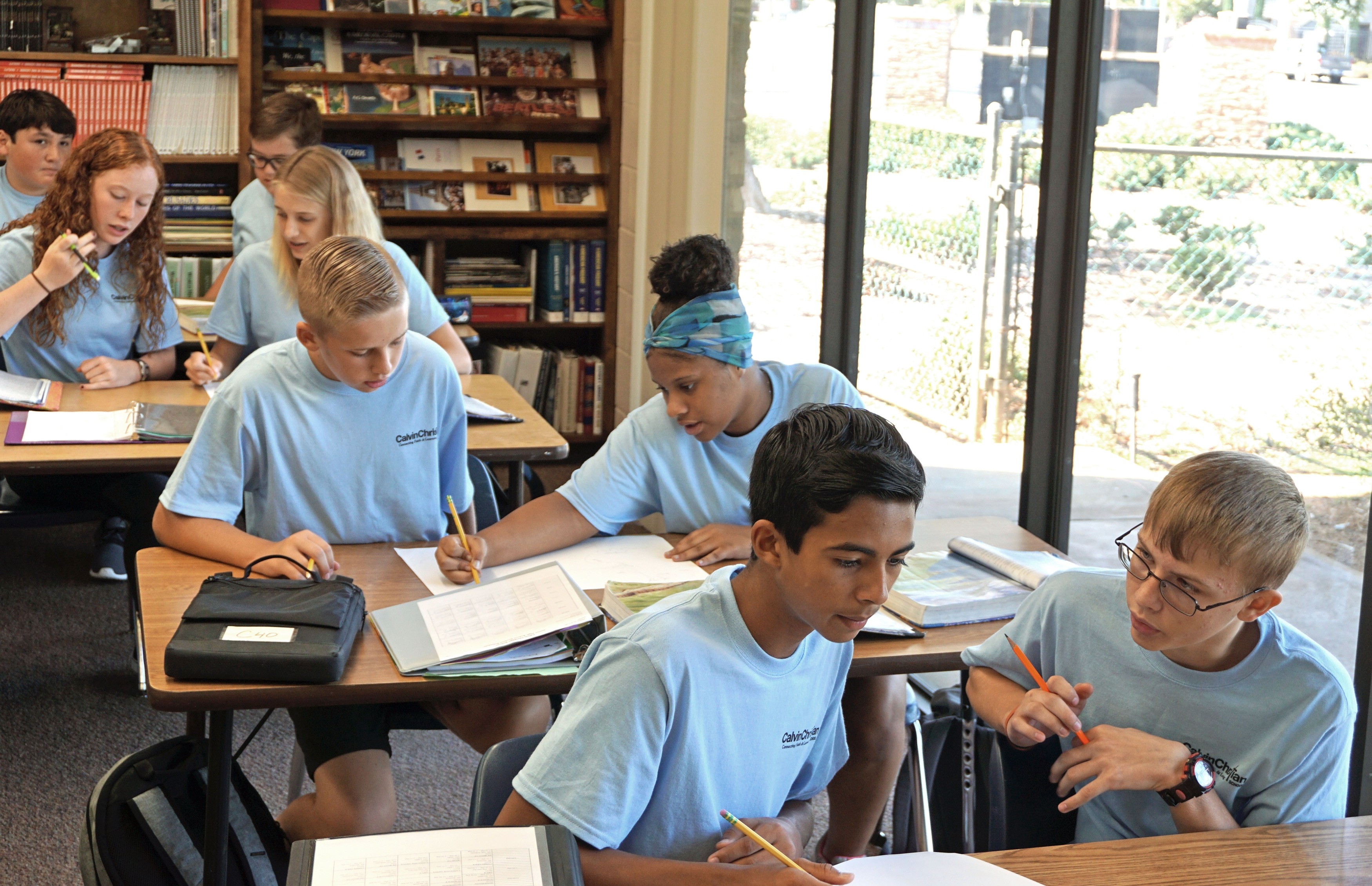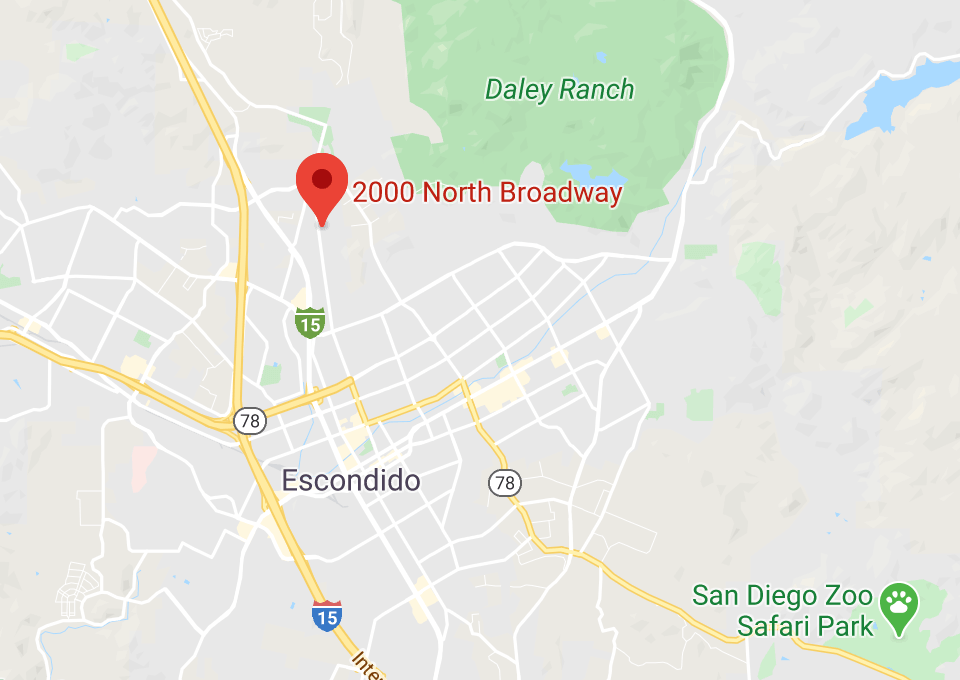This fall I celebrated my 40th first day of school. Those 40 first days include 4 first days as a public high school teacher, 9 as a state university graduate student (including 4 as a graduate assistant), 6 as a public university adjunct instructor, 13 as a student at K-12 Christian schools (across 4 different schools), 1 as a community college enrollee, 4 more as a student at Christian colleges (2 of those), 5 as a professor at a Christian college, and this year, my 7th first day as a Christian college academic administrator.
Did you do the math? If you tallied the numbers and got to more than 40, you were right, because for many years, I was both a student and an educator.
Long story-problem short: I’ve done school a lot of different ways and in a lot of different places. Some things have changed a lot. Some haven’t. One of the constants has been a question that I’ve encountered again and again across these different settings. IT’S A TOUGH QUESTION, HARDER THAN MOST STORY PROBLEMS I’VE WORKED THROUGH.It’s a tough question, harder than most story problems I’ve worked through.
Sometimes this question has been asked with kindness or genuine curiosity, other times with a rough edge. Each time, the essence is the same: “Why do you want to be involved in Christian schools?”
My answer has developed over time (as you would hope, given all the years I’ve spent in school!). It’s matured as I’ve taught with joy in public schools, been educated by some outstanding (and caring) state university professors, and served in a national educational association on behalf of K-16 teachers in every type of school imaginable. My answer has grown stronger as I’ve experienced school through my role as a parent, and it has become more nuanced through my two years as a host mom for international high school exchange students. My answer has gained some depth and grounding, too, especially because of my daily work as an administrator in Christ-centered higher education, which often gives me the chance to say aloud why Christian education is so important.
Here’s how the conversation typically goes these days.
“Do staff and families in Christian schools think they are better than other people?” No. Christ-centered schools exist because a community of people admits that we are a mess. We have a daily need for the kind of help that only God can give. We look to Jesus Christ for saving grace. We want to learn about God, his word, and his world so that we can serve him better. We want to learn to love our neighbors. These things are difficult to learn and to take to heart. They call for formation and transformation daily, in everything we are learning and doing. When Christ-centered schools are at their best, they challenge us and hold us accountable for serving God with all our heart, soul, mind, and strength.
“Do you think Christian schools are safer for your children or for you as an employee?” No. Christ-centered schools equip students to be the kind of people who run toward trouble—to see the hurts of the world and try to heal, to see chaos and try to bring order, to see violence and try to bring peace. This kind of learning is vital, but I wouldn’t call it “safe.” Christian Schools International describes Christ-centered schools in this way: “In our schools, faith and learning are woven together as an inseparable web. We have no fear of questions, inquiry, and challenges to what we believe. Instead, our schools invite the tough questions and the challenges, as iron sharpens iron, because God is our rock and his Word is our guide.”
“So what are Christian schools for, then?” Thanks for asking. Christ-centered schools depend on a community of believers working deliberately together to educate young people to learn and grow in the Lord. But they are also for you and for me—they are meant to serve the common good. That’s the mission statement of the Council for Christian Colleges and Universities (CCCU): “Advancing faith and intellect for the common good.” The Association of Christian Schools International puts it like this: “Ultimately, a Christian education is for others—the common good of the communities in which we and our students live and serve.”

This idea about the common good isn’t just a trendy saying. In The Case for Christian Higher Education, the CCCU estimates that its institutions are responsible for contributing $60 billion in total economic output annually (through institutional expenditures, alumni employment, and institutional wages and taxes). Students at CCCU colleges and universities are more likely than those from other private institutions to be first-generation students and from lower-income families, and as graduates they are more likely to be employed in socially oriented fields such as human services, education, and business. CCCU institutions engage in their communities, too: 84% open their arts and cultural facilities to the public, 71% invest in neighborhood schools, 67% open their athletic facilities to the public, and 38% invest in neighborhood real estate projects.
Why do Christian schools, colleges, and universities care about the common good? The desire to advance the common good is a theme from the Bible. In Proverbs 11:10-11, for example, we read about a city that benefits from upstanding citizens and leaders: “When the righteous prosper, the city rejoices; when the wicked perish, there are shouts of joy. Through the blessing of the upright a city is exalted, but by the mouth of the wicked it is destroyed.” No one wants a corrupt government! In Jeremiah 29, the prophet tells the followers of God to “seek the peace and prosperity of the city to which I have carried you into exile. Pray to the Lord for it, because if it prospers, you too will prosper.”
FOR CHRIST-CENTERED SCHOOLS, THE DESIRE TO PROMOTE THE COMMON GOOD IS A WAY TO MAKE DAILY LIFE BETTER FOR EVERYONE.
For Christ-centered schools, the desire to promote the common good is a way to make daily life better for everyone. It is also a way to share some good news. In the Old Testament, we read about the people of Israel setting up stones to tell the story of God’s faithfulness “so that all the peoples of the earth might know that the hand of the LORD is powerful and so that you might always fear the LORD your God” (Joshua 4). It’s a theme that is echoed many times in Scripture, including in Solomon’s prayer as he dedicated the newly built temple (I Kings 8), in the Psalms (67, 145), and in the great commission that Jesus gave to his disciples and all who follow him (Matthew 28:16-20).
“I haven’t previously heard or thought much about Christian education and the common good.” I hope that every Christ-centered school does a great job of educating students as Christ followers who live passionately, effectively, and visibly for the common good. I hope, too, that what I’ve been sharing rings true with what you see from our students, faculty, and communities. But I’m sure there are ways that we could do better. I hope you’ll be willing to talk with administrators from Christian schools, colleges, and universities, sharing what you notice so that we can try to improve the impact that we have locally, regionally, and globally. Most importantly, I hope you know that you are welcome to join us in the mission. If you are interested in learning more about how you can be part of a Christ-centered school, you can search for K-12 schools through the CSI or ACSI websites, and for colleges and universities through the CCCU site.
——
The Toughest Question about Christian Education is an article that we are shareing from www.inallthings.org , posted on September 10, 2018, and was written by Dr. Leah Zuidema.
Dr. Leah Zuidema serves at Dordt College as Associate Provost and Dean for Curriculum and Instruction.



